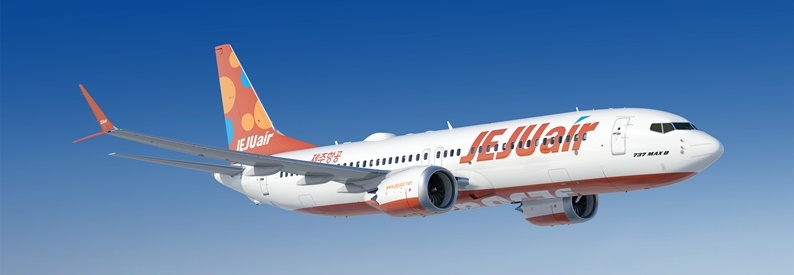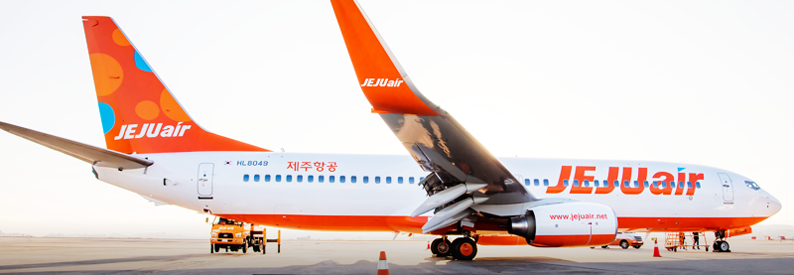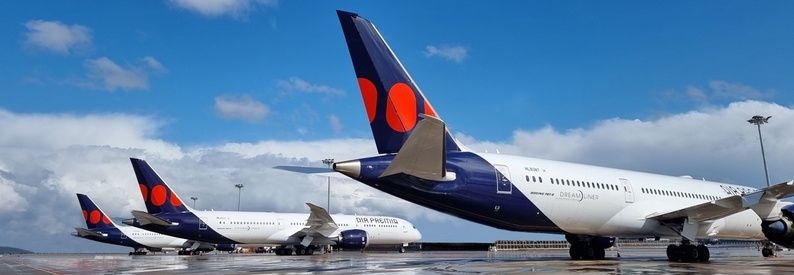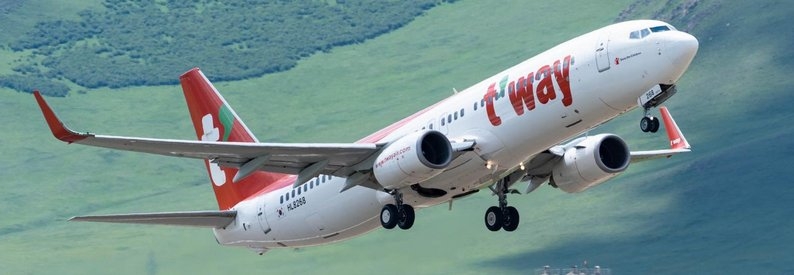A prominent United States law firm has filed a formal request for information with the US Federal Aviation Administration (FAA) in what promises to be the opening salvo of a "multimillion-dollar litigation effort in US courts" on behalf of victims of the December 29, 2024, crash of Jeju Air Flight 2216 at Muan, South Korea, which claimed the lives of 179 passengers and crew.
Chicago-based Ribbeck Law Chartered, in a statement, said it intends to pursue claims against all potentially responsible parties, including manufacturers, suppliers, and regulators.
The firm seeks documents related to the FAA's certification of the CFM International CFM56-7B turbofan engines that powered the B737-800 involved in the crash. It demands access to type certification records, test results, airworthiness directives, and all correspondence concerning the engine’s approval and continued safety. The firm says it is investigating potential design flaws, manufacturing defects, and regulatory oversight failures.
"All this information is critical," stated Monica R. Kelly, head of global litigation at Ribbeck Law. "Before an aircraft engine is approved for commercial use, it must meet rigorous federal safety and performance standards. If shortcuts were taken or known issues overlooked, the consequences could be catastrophic - as we may have seen in this crash."
The law firm previously led litigation in the B737-8 MAX crashes of Lion Air Flight 610 and Ethiopian Airlines Flight 302, which together killed 346 people. Those cases exposed flaws in aircraft certification and alleged an overly close relationship between Boeing and the FAA.
"Our experience in the MAX 8 litigation showed us that the certification process might need a second look," Kelly said. "We are determined to find out whether any failures occurred with the certification of the engines installed on the Boeing 737-8AS involved in this crash."
No final conclusive report on the Jeju Air crash has yet been released and investigations are ongoing. A preliminary report released on January 27 by South Korea’s Aviation and Railway Accident Investigation Board pointed to a bird strike and potential airport infrastructure shortcomings as key factors. The cockpit voice and flight data recorders ceased functioning mid-crisis, limiting insights into the pilots' actions.






